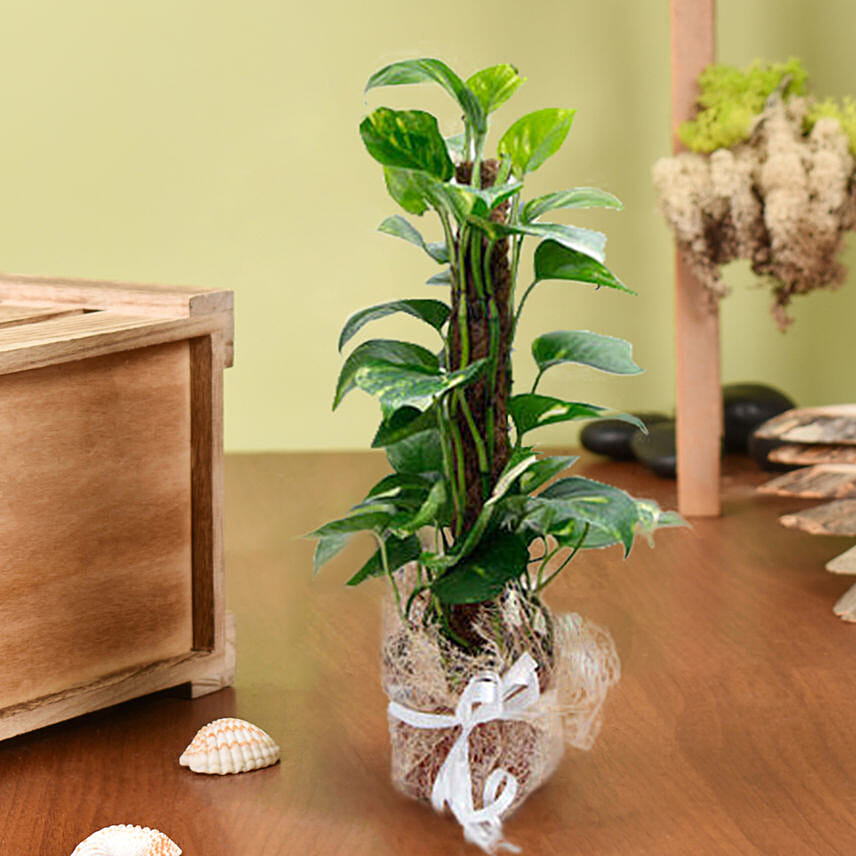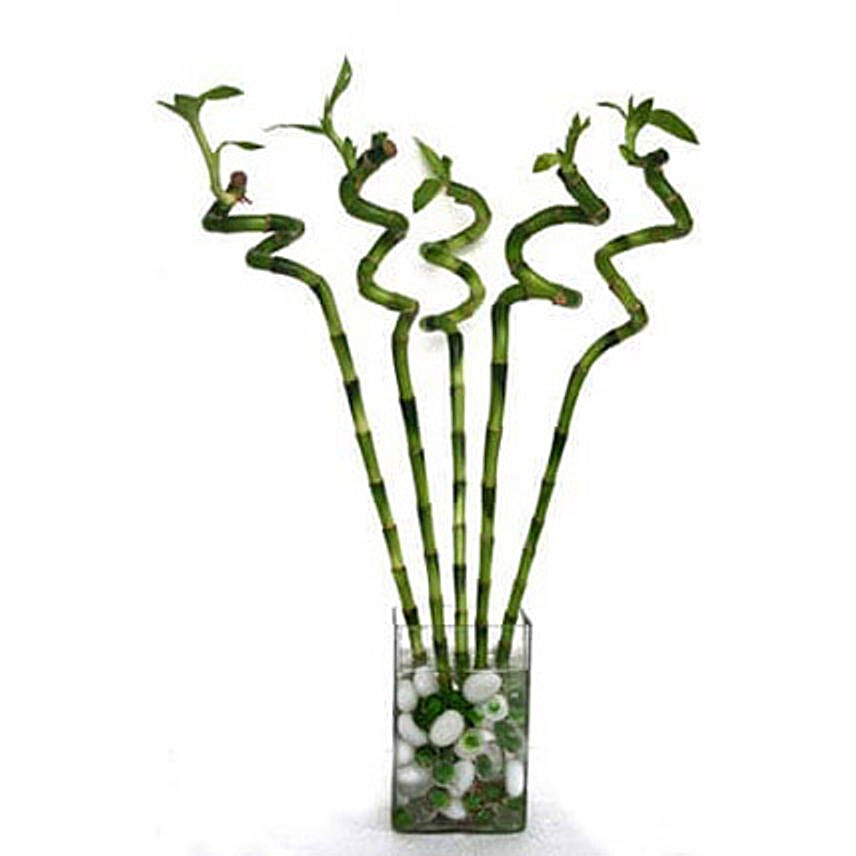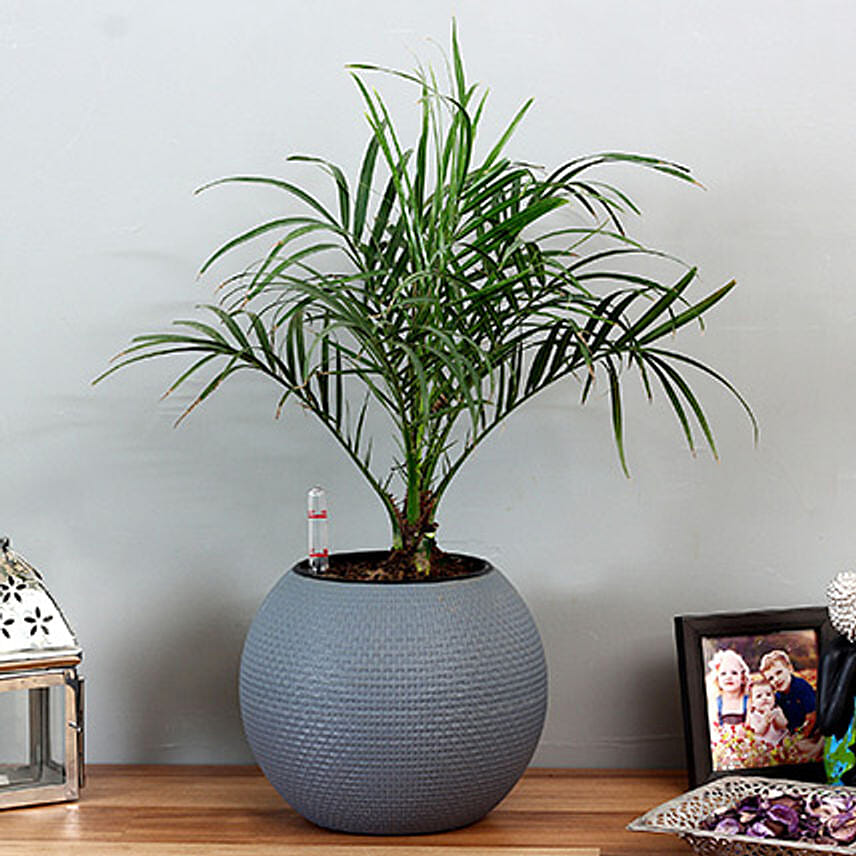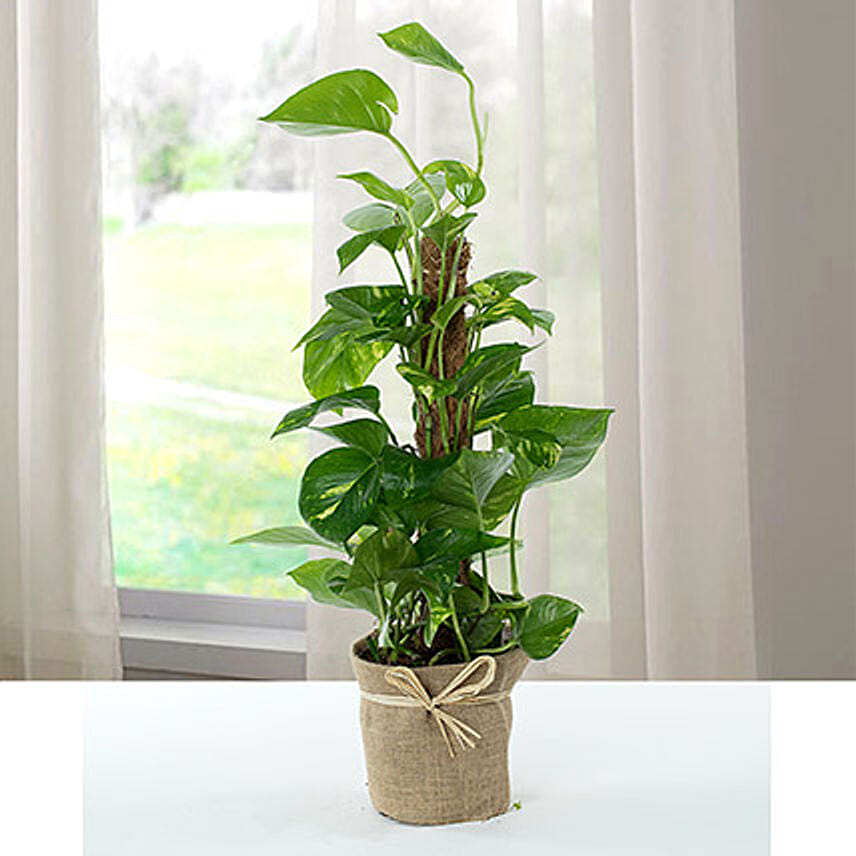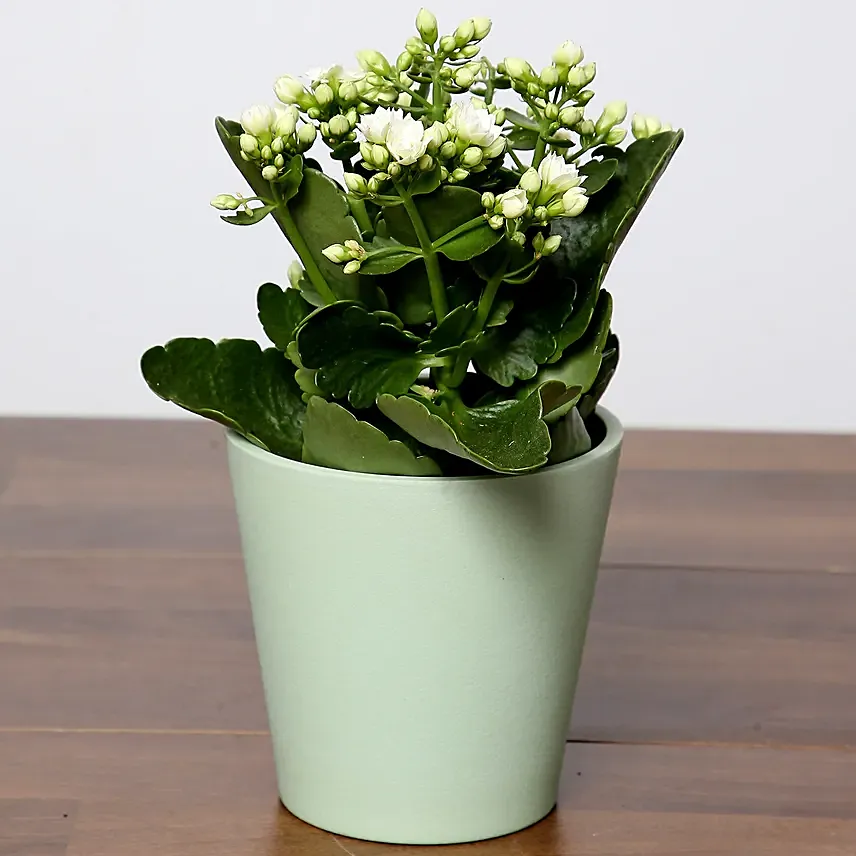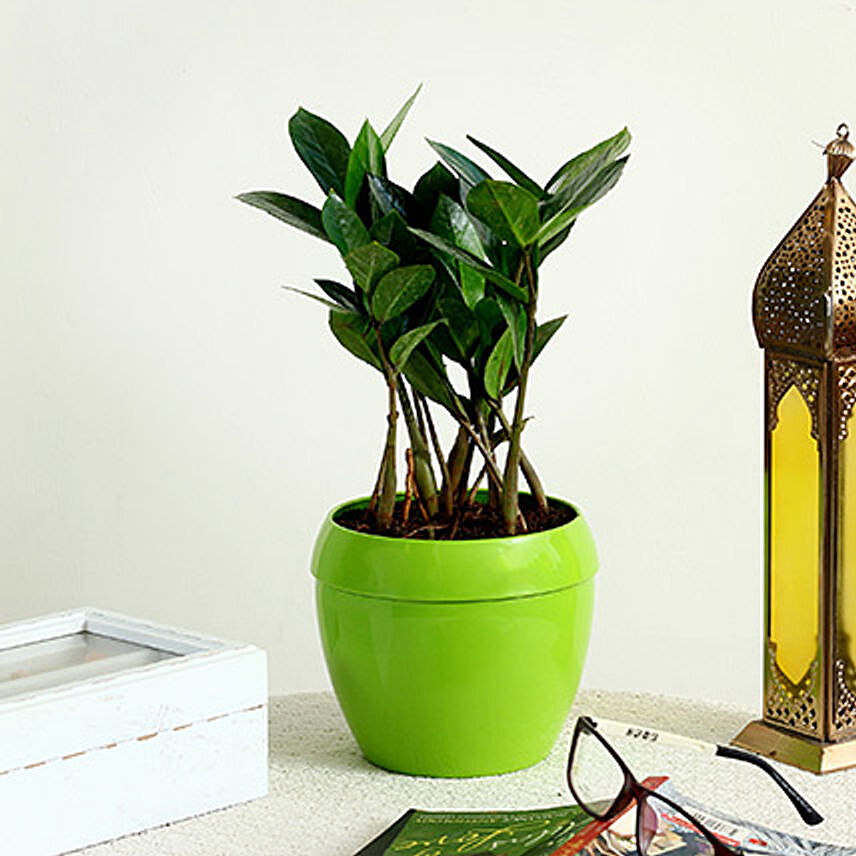Aeonium- The November Plant
- Author: Tanya Sood Published: 1st November, 2019
Commonly known as the “Tree Houseleeks”, Aeonium is a genus of succulent plants which is native to the Canary Islands. It is also found in Madeira, Morocco, and in East Africa. The leaves of aeoniums are spread like a rosette on a basil stem and this beautiful succulent has about 35 species. The fleshy leaves of this plant store moisture into them but unlike succulents, aeoniums have shallow root systems which is why they cannot be allowed to dry out completely. Only top few inches of soil shall be allowed to dry out.
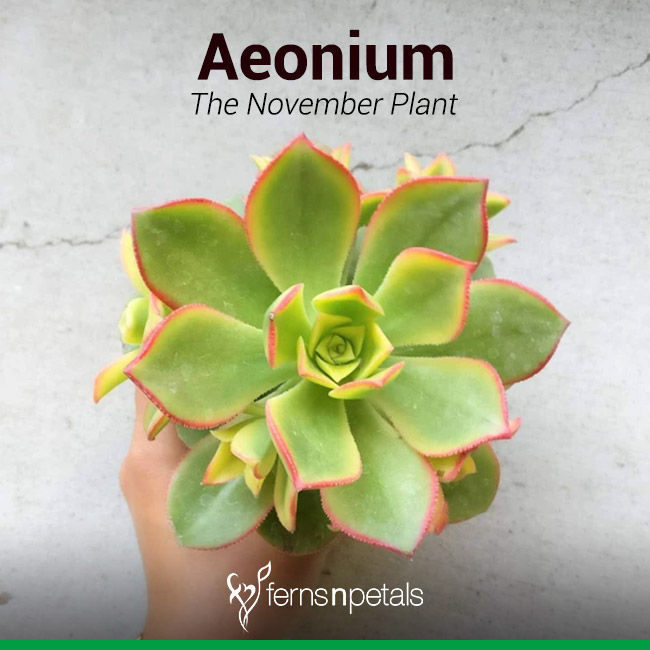
- Origin- Canary Islands
- Type- Succulent Plants
- Family- Crassulaceae
- Common Names- Housetree Leek, Black Rose Tree, Tree Anemone, Desert Pinwheel Rose, Irish Rose & Tree Houseleek Plant
- Other Names- Aeonium Arboreum, Atropurpureum and Zwartkop/Schwarzkopf.
- Maximum Growth- Upto 3 Feet
- Bloom Perion- Most species bloom in late winter or spring
- Plant Birth Month- November
How To Grow Tree Houseleek Plant?
The plant is very easy to grow, especially from cuttings. All one needs to do is cut the rosette and let the cut end dry out for a couple of days. Once it is dry, it needs to be set in moist peat moss, and it will root quickly and growth of a new plant will be visible in a few days. All required is to provide the plant well-drained soil in a location with plenty of sunlight. These plants prefer temperatures of between 40 and 100 F. (4-38 C.).
How to Take Care Of the Tree Houseleek Plant?
Watering
Aeoniums need more watering than most of the other succulents. Provide the plant good amount of water during spring and summer, especially when you notice the topsoil has started to dry out when you touch it. Whereas, during winters allow longer periods of the topsoil layer to dry out.
Light
Just like other succulents, aeonium plants grow in bright sunlight to partial shade. However, provide the plant for a few hours of sunlight every day. The plant enjoys direct sunlight, however, will survive in direct sunlight. At the same time, provide a little shade is necessary for summer.
Temperature
The plant thrives in temperatures between 70°F/21°C - 85°F/29.4°C. Temperature below 50°F/10°C should be avoided. Make sure to bring back the plant in the house when the weather is really cold outside.
Soil
A cactus soil mix is perfect for the plant, as it provides enough drainage for the roots and air. A sandy soil mix with terra cotta pots is an ideal combination for the plant.
Some Common Species of Aeonium
Aeonium Sunburst
The scientific name for Aeonium Sunburst is Aeonium david bramwelli. These are frost resistant rosette hybrid. This branching plant has white and green leaves with pink edges, that turn red in full sun. The plant is monocarpic, meaning it flowers only once in its lifetime and then dies.
Aeonium haworthii
Also known as Pinwheel plant, aeonium haworthii is a shrubby plant. It has blue-green leaves with red edges. The plant produces white flowers, which are beautiful.
Aeonium ‘Kiwi’
This is a beautiful aeonium species which comes under Aeonium haworthii. The plant produces green and yellow rosettes, which have pink edges. It blossoms in summer and produces yellow & red blooms.
Aeonium arboreum 'Zwartkop'
This species of aeonium is tall and found in dark red and green. The leaves of the plant darken (turn black) in summers that is when they get full sunlight. When the plant is allowed to grow outside, the branches grow in clumps and becomes bushy.
Aeonium Blushing Beauty
As the name of the plant suggests, this aeonium is one of the most beautiful species. It has pale green leaves tinged with the colour reddish pink on the top.
The Aeonium plant is often confused with succulents like Echeveria but is easy to spot differences between the two. Aeonium has flat leaves which are spoon-shaped leaves but not as rounded as echeveria. The name of the plant comes from the ancient Greek "aionos" which means ageless. It is due to the special feature of the genus is that new rosettes keep taking place of those which bloom and die.




